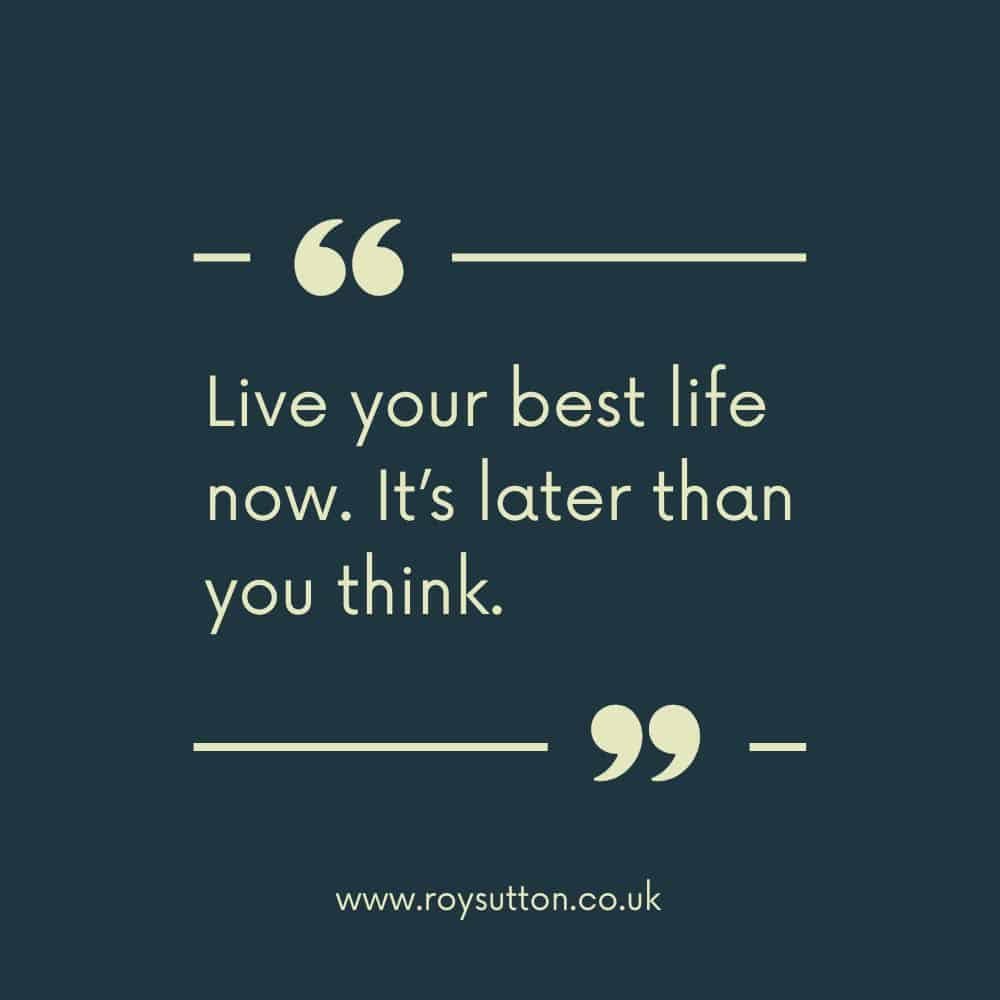
Today, the question I am exploring is how to turn enterprise into money and riches. But let’s start with a quote.
Being poor is sh*t. ~Bob Geldof
The media personality and former rock star Bob Geldof’s communication style tends to be blunt and to the point. He’s not a man to sugarcoat his words, or so it seems. However, he does make an important point here.
People may tell you that money isn’t important, but next to oxygen, it’s essential for a life worth living. You couldn’t live long without it today.
Exactly how much money you need depends on your preferred lifestyle, of course. However, even for a fairly basic lifestyle, a reasonable income is necessary.
None of us wants to be poor, of course. Fortunately, we don’t have to be. It’s possible to turn enterprise into money and then money into wealth and riches.
And what do I mean by enterprise? I mean your energy, your resourcefulness, your imagination, your know-how and skills, your ambition, and your determination to make life better for you and your loved ones.
Essentially, you can make your life better simply by making it better for other people.

What is work?
The key message today is that you don’t need to be employed by a commercial enterprise or corporation to earn money.
While being employed is one way to earn money, it’s also perfectly feasible to establish your own business and earn a living by being self-employed.
And in the age of the Internet, it’s never been easier to start a business, even if you have very little money to invest.
Remember also that you can start a business initially as a part-time side hustle while being employed until it’s generating enough income for that business to become your primary means of making a living.
And never forget, for most people, the only way you’ll ever get seriously rich is through your own business.
Certainly, unless you’re a Wall Street investment banker or a lawyer, you’re unlikely to get seriously rich being someone’s employee, trading your time for money.
The key to success in business
The key to success in your own business is to find a way to solve problems for people for profit. That’s the way to turn your enterprise into money. And it’s a lot easier than you might imagine.
Let’s face it, there’ll always be plenty of customers for products and services, some of which are yet to be invented.
People will always have problems, and they’ll always need solutions to those problems.
Remember, every product sold by a company is a solution to a problem, or at least it should be.
Turn enterprise into money
-If you continually educate yourself on skills and know-how, then you can create wealth by seeking out customers for whom you can deliver solutions to their problems and/or provide them with services for which they have a need.
If you can satisfy those customers, then you’ll make money, and quite possibly a lot of money, if you can scale up that business as your customer base grows.
Manage your money wisely, and you can build your wealth too.
Determination, hard work, and an eye for problems to be solved are the main ingredients for business success. Your enterprise really can lead you to great wealth.
You don’t have to be poor
You don’t have to be poor unless you’ve given up and you’re just accepting that being poor is your lot in life. It’s not, and nor should it be.
You’re perfectly capable of generating your income, dear reader.
You just need to do stuff for other people and find a way to add value to their lives. In this case, adding value means solving problems or making their lives easier and/or better in some way.
Help yourself by helping others get what they need
It all comes down to your willingness to find a way to serve others. Simple!
There are opportunities there for you to take every single day of the week if you’re enterprising and ready to solve problems for other people. However, you do need to be fleet-footed.
The best time to start a business might have been last year, but the next best time is right now.
And age is no barrier to starting a business either. Remember, Colonel Sanders was 65 years old when he started KFC, and Ray Kroc was 52 when he started building the business we know as McDonald’s.
It can be done, and people do. Why not you? Go on, just go for it! Real riches can be yours.
Good luck!

Please share this post with your friends
Did you find this article interesting and useful, dear reader?
If so, then please share it on social media with your friends.
When you share, everyone wins.
So go on, please share it now. If you do, I’ll be forever grateful, and you’ll be helping a keen blogger reach a wider audience.
Thank you.
Articles you might find interesting
- 15 Reasons to Choose SiteGround for Your WordPress Blog
- How to improve your life quality and have much more
- Some simple advice for young people
- Why should I be positive?
- How to declutter your home and improve your wellbeing
- How to develop effective time management skills
- The purpose of life: What’s it really all about?
- How to get along with people and make the world better
- How to overcome laziness in 4 steps
- What makes a great idea and why you should keep a journal
- Warren Buffett’s Top 10 Rules for Success to Inspire You
- Why you should make a difference in life
- How to know your life purpose in 5 minutes
- How to Build Character: 11 Steps to Success
- Why you must earn before you spend
- How to deal with criticism in the workplace
- How to love your job when you hate it
© Mann Island Media Limited 2026. All rights reserved.
turn enterprise into money, turn enterprise into money




































